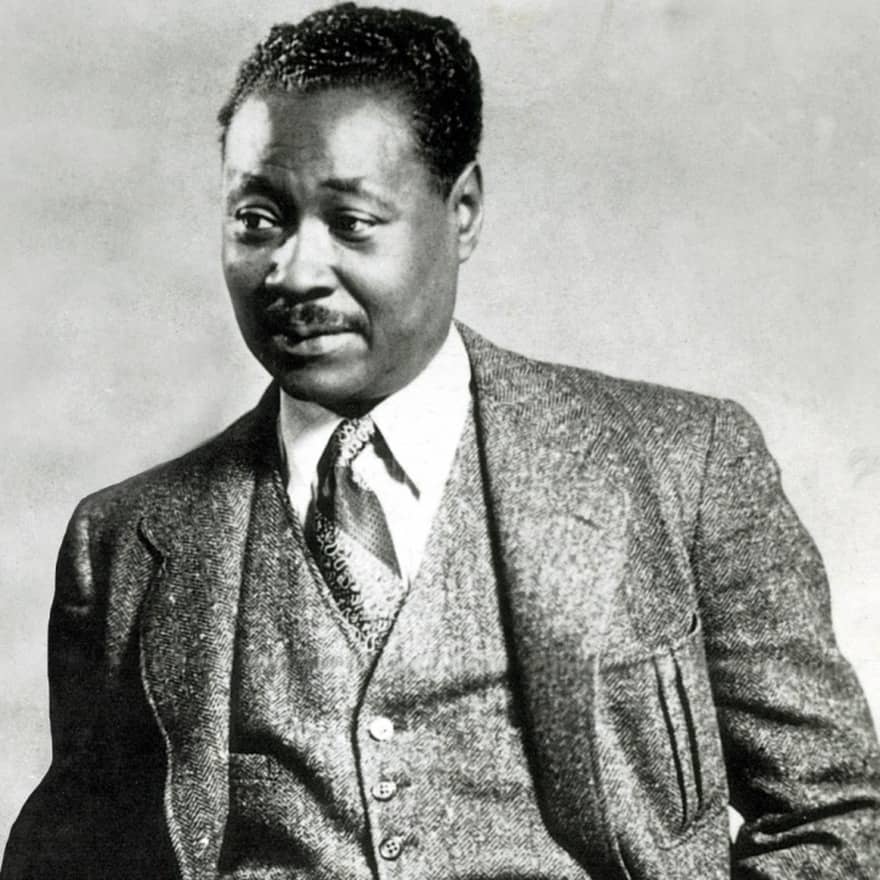
Festus Claudius McKay, known as Claude McKay, was a Jamaican-American writer and poet who left an indelible mark on the literary landscape of the Harlem Renaissance. Born on September 15, 1890, in Nairne Castle, Jamaica, McKay's journey from the lush landscapes of his homeland to the bustling streets of New York City shaped his perspective and fueled his creative endeavors.
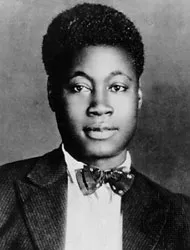
McKay's introduction to the United States occurred when he traveled to attend Tuskegee Institute in 1912, a decision that exposed him to the harsh realities of racial segregation in the American South. The experience ignited his interest in political involvement, further fueled by his encounter with W. E. B. Du Bois's influential work, "The Souls of Black Folk."
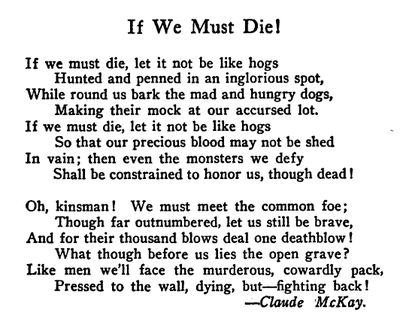
In 1919, McKay penned "If We Must Die," a powerful sonnet that resonated as a defiant response to the racial violence and discrimination rampant in the aftermath of World War I. This poem, marked by its resolute tone, became a rallying cry against injustice and remains one of McKay's most celebrated works.
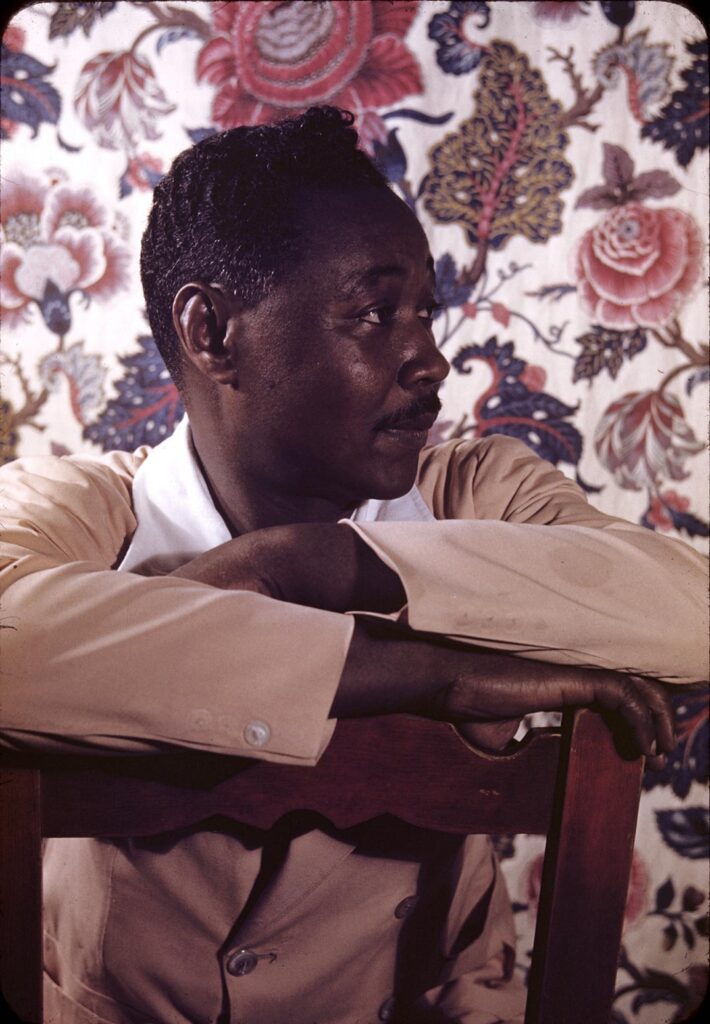
Beyond his prowess as a poet, McKay delved into prose, crafting five novels and a novella that showcased his multifaceted literary talent. "Home to Harlem" (1928), a best-seller and Harmon Gold Award winner, depicted the vibrant and tumultuous life in Harlem during the Renaissance. His other novels, including "Banjo" (1929), "Banana Bottom" (1933), and the posthumously published "Amiable With Big Teeth" (2017), explored themes of identity, culture, and societal challenges.
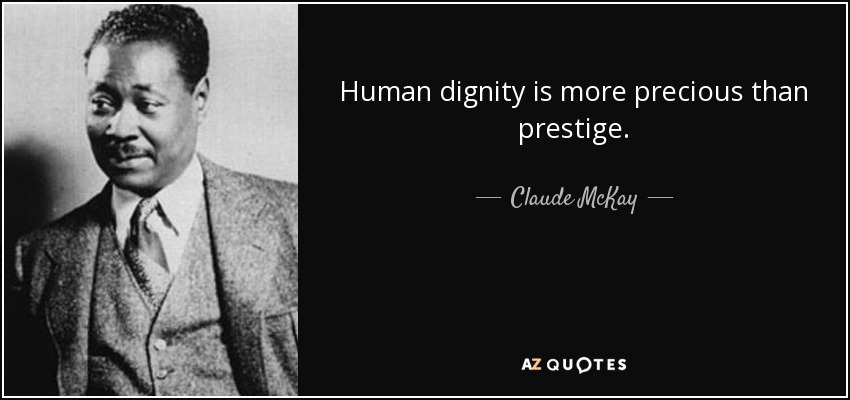
In addition to fiction, McKay's non-fiction work "Harlem: Negro Metropolis" (1940) offered a collection of insightful essays on the social and political history of Harlem, reflecting his keen observations and engagement with the issues of the time.
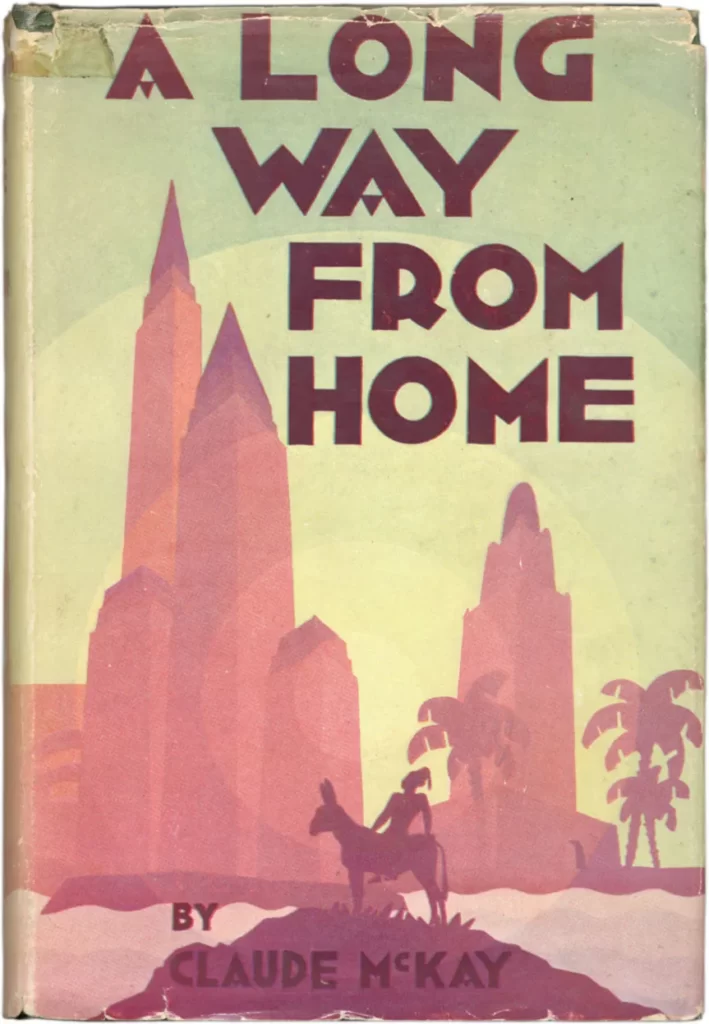
McKay's literary legacy extends beyond the boundaries of genre, encompassing poetry collections like "Harlem Shadows" (1922) and posthumously published volumes such as "Selected Poems" (1953) and "Complete Poems" (2004). His extensive body of work, including short stories like "Gingertown" (1932) and autobiographical writings like "A Long Way from Home" (1937) and "My Green Hills of Jamaica" (1979), reveals the depth of his intellectual and creative pursuits.

Political ideology played a significant role in McKay's life, as he was exposed to British Fabian socialism in his youth and later became involved with the American socialist left and the Industrial Workers of the World (IWW). His journey also led him to the Soviet Union in 1922–1923, where he initially embraced the Communist Party but later grew critical of the authoritarian aspects of the Soviet regime.
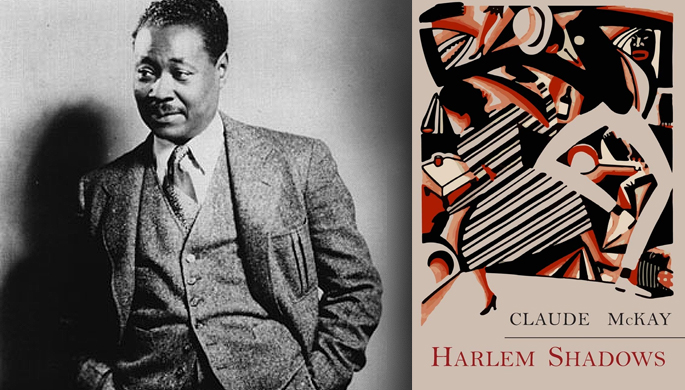
McKay's return to Harlem in 1934 marked a period of contention with the New York City Communist Party and a shift in his political stance. His masterful work, "A Long Way From Home," faced criticism from doctrinaire Stalinists but stands as a testament to McKay's resilience and intellectual independence.
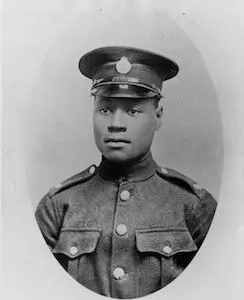
In the later years of his life, McKay's health declined, and he found solace and support in the Catholic Worker community. He converted to Catholicism in the 1940s and spent his final years in Chicago, where he passed away on May 22, 1948, at the age of 58.
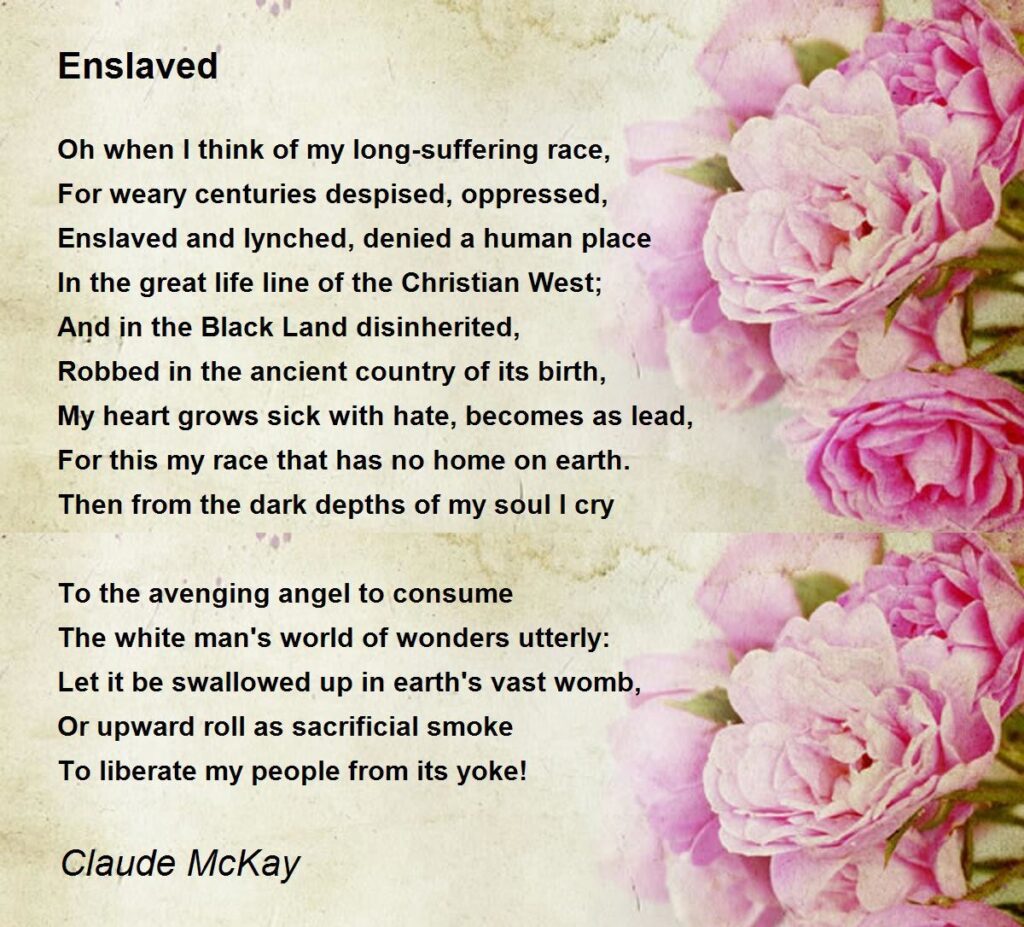
Claude McKay's literary contributions continue to resonate, offering a nuanced and rich tapestry that captures the spirit of the Harlem Renaissance and reflects the complexities of identity, race, and social justice in the early 20th century. His legacy endures as an inspiration for generations of writers and readers, a testament to the enduring power of words to illuminate the human experience.

Claude McKay: A Legacy of Literary Excellence and Recognition
Claude McKay's profound impact on literature and his enduring influence on the intellectual landscape are underscored by the numerous accolades and honors bestowed upon him over the years. From national recognition in Jamaica to acknowledgment by scholars and literary organizations, McKay's contributions have left an indelible mark on the literary world.
National Recognition and Prestigious Awards
In 1977, the government of Jamaica officially named Claude McKay the national poet, a testament to the enduring significance of his literary legacy. Posthumously, McKay was honored with the Order of Jamaica, a prestigious award recognizing his exceptional contribution to literature.
McKay's early recognition includes the Musgrave Medal from the Jamaican Institute of Arts and Sciences in 1912, awarded for his volumes of poetry, "Songs of Jamaica" and "Constab Ballads." Later in 1929, he received the Harmon Foundation Award for distinguished literary achievement, bestowed by the NAACP, acknowledging works such as "Harlem Shadows" and "Home to Harlem." The James Weldon Johnson Literary Guild Award in 1937 further underscored his literary prowess.
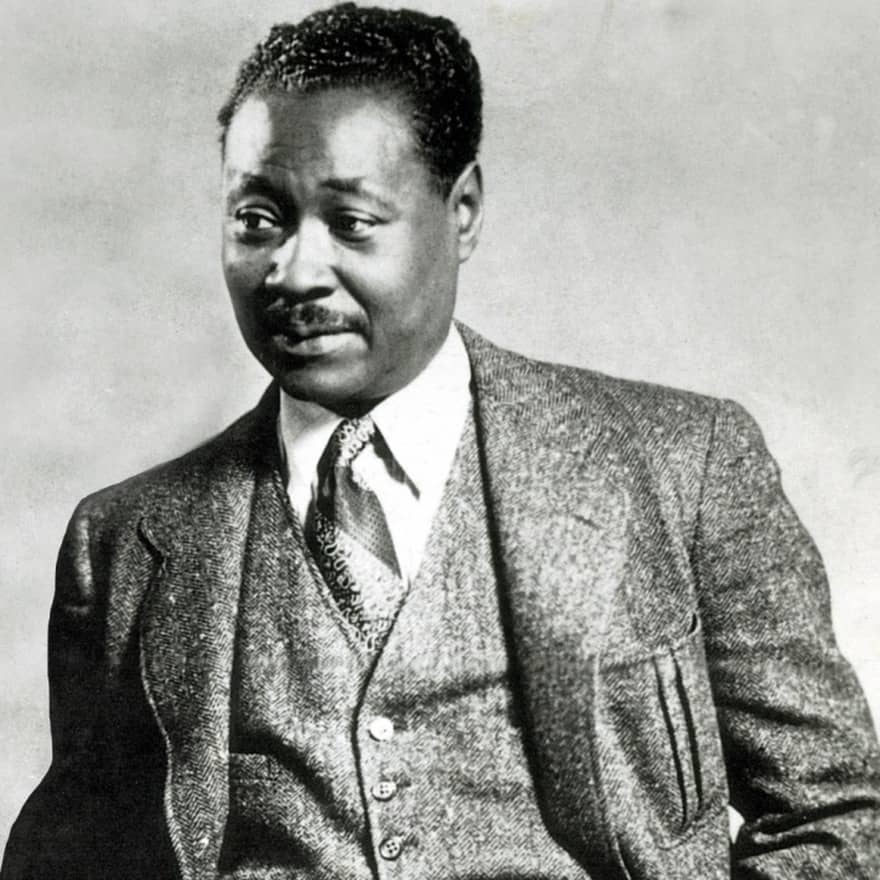
Academic Recognition and Scholarly Influence
In 2002, scholar Molefi Kete Asante honored Claude McKay by including him in his list of the 100 Greatest African Americans. This recognition places McKay among the most influential figures in African American history. His intellectual standing is emphasized by being regarded as the "foremost left-wing black intellectual of his age," with his work exerting a profound influence on a generation of black authors, including luminaries such as James Baldwin and Richard Wright.
Commemorative Tributes
In 2015, the city of Marseilles paid tribute to McKay's legacy by naming a passageway in his honor. This gesture in France recognizes McKay's association with the city, as depicted in his novel "Banjo," which explored the experiences of black seamen in Marseilles.
Cinematic Recognition
Claude McKay's impactful poem "If We Must Die" continues to resonate beyond the written page. In 2016, the film "August 28: A Day in the Life of a People," premiered at the opening of the Smithsonian's National Museum of African American History and Culture, featuring a recitation of McKay's powerful poem. This cinematic tribute underscores the enduring relevance of McKay's words and their connection to pivotal moments in history.

Literary Legacy and Rediscovered Manuscript
McKay's literary contributions extend across various genres, including poetry, fiction, and non-fiction. His notable works include poetry collections such as "Harlem Shadows," novels like "Home to Harlem" and "Banana Bottom," and non-fiction works like "A Long Way from Home" and "Harlem: Negro Metropolis."

In 2012, a significant discovery added a new chapter to McKay's legacy. A previously unknown manuscript titled "Amiable With Big Teeth: A Novel of the Love Affair Between the Communists and the Poor Black Sheep of Harlem," written in 1941, was authenticated. Discovered in 2009 by Columbia graduate student Jean-Christophe Cloutier, this satirical novel explores the ideas and events that animated Harlem in 1936. The publication of this rediscovered manuscript in 2017 further solidifies McKay's enduring influence and the ongoing exploration of his literary contributions.
Claude McKay's legacy is not merely confined to the pages of history but continues to unfold, inspiring readers, scholars, and filmmakers alike. His work remains a testament to the power of literature to shape narratives, challenge norms, and leave an indelible impact on generations to come.
